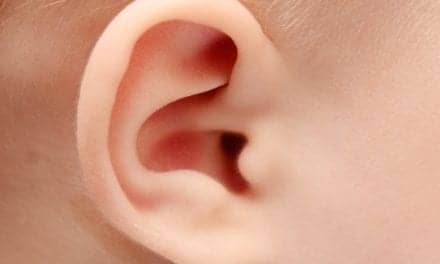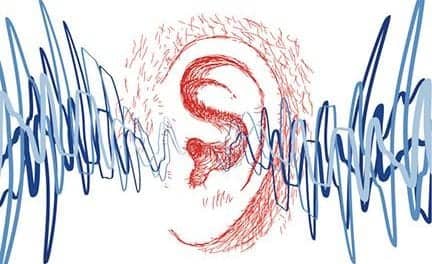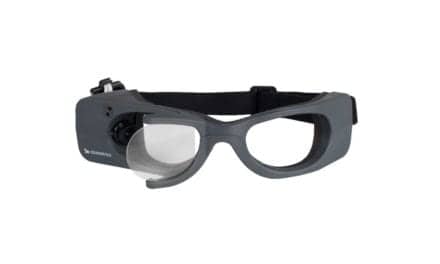Auris Medical, Basel, Switzerland, is about to start the planning phase for a clinical trial of its new tinnitus drug. Auris and the US Food and Drug Administration (FDA) have reached a Special Protocol Assessment (SPA) agreement for the phase III clinical trial of its new product, “AM-101” to begin. The SPA agreement means Auris, the trial sponsor, will begin developing the design, endpoints and planned statistical analysis of the study in support of a new drug application (NDA).
The investigational drug, AM-101, is esketamine gel for intratympanic injection. For the US study, which the company says will begin shortly, 600 patients aged 18 to 75 years will be enrolled in locations across North America. Of them, 300 will be patients at the acute stage (up to 3 months from tinnitus onset) and 300 will be at the post-acute stage (4 to 12 months from tinnitus onset). The study will be a randomized, double-blind, placebo-controlled clinical trial. It will be designed to confirm the efficacy and safety of the product in the treatment of acute peripheral tinnitus following traumatic cochlear injury or otitis media.
At the same time, a second, similarly designed phase III trial will be conducted in several European countries. All participants completing either study who continue to meet certain criteria will be eligible to enter an open label safety study. Auris says those subjects will receive up to 3 treatment cycles with AM-101 over up to 9 months.
“We appreciate the FDA’s input on the pivotal phase III study protocol and look forward to moving forward with our AM-101 development program,” says Thomas Meyer, Auris Medical’s founder and managing director. “Together with earlier feedback from a Scientific Advice procedure with the European Medicines Agency, this represents another important milestone on our way towards a safe and effective tinnitus therapy,” he adds.
As Auris explains, AM-101 is a small molecule N-methyl-D-aspartate (NMDA) receptor antagonist formulated in a biocom- patible gel for intratympanic injection. Emerging evidence suggests that NMDA receptors in the cochlea play a major role in the occurrence of tinnitus following inner ear excitotoxicity, which is characterized by excessive synaptic release of glutamate, the principal neurotransmitter in the auditory system.
Tinnitus is the perception of sound without external acoustic stimulation. It is a symptom common to various ear or other diseases. Inner ear tinnitus may be provoked by various injuries to the cochlea, the organ of hearing, such as overexposure to noise or inflammation. It may be short and just transitory or it may become permanent. Inner ear tinnitus may be only a slight nuisance, but often it has a serious impact on a person’s ability to sleep, relax, or concentrate, or it may lead to tiredness, irritation, nervousness, despair, frustration, or even depression. As of today, there exists neither a universal standard of care for acute inner ear tinnitus, nor a truly proven, effective treatment method.
Patents for the drug have been granted in more than 30 countries worldwide so far.
Source:Auris Medical





